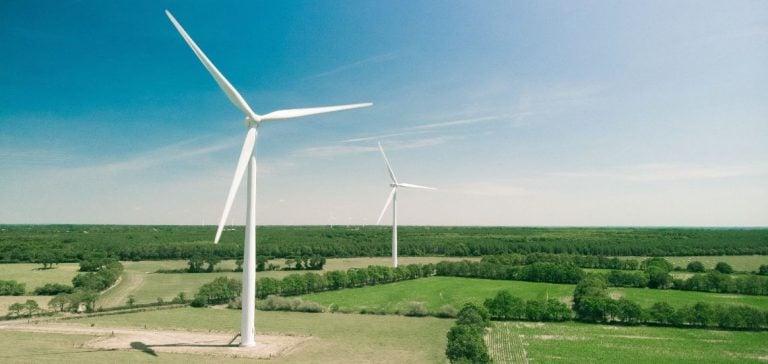In a surprising twist of geopolitics and renewable energy, Sweden recently made the decision to halt the construction of new wind farms out of fear of interfering with Russian missile tests. This unexpected move has sparked debate and speculation about the delicate balance between environmental sustainability and national security. As Sweden grapples with the implications of this decision, it raises important questions about the intersection of energy policy and global politics in an increasingly interconnected world.
The Threat of Russian Missiles: Swedens Concerns
Sweden’s decision to cancel new wind farm projects has raised eyebrows, as it was revealed that the move was motivated by concerns over the threat of Russian missiles. The government cited national security reasons for halting the development of future wind farms, citing fears that the wind turbines could interfere with Sweden’s defense radar systems.
This unexpected decision has sparked debate among environmentalists and security experts alike. Some argue that Sweden is prioritizing national defense over renewable energy goals, while others support the government’s decision to prioritize security. With tensions rising in the region, Sweden finds itself at a crossroads between promoting sustainable energy and safeguarding national security.
Potential Impact on National Security: Analysis of Wind Farm Ban
Sweden’s decision to ban new wind farms due to concerns about national security has sparked a debate over the potential impact on the country’s defense strategy. The move comes amidst growing tensions between Sweden and Russia, with fears that wind turbines could interfere with radar systems and potentially mask incoming Russian missiles. This ban has raised questions about the balance between renewable energy goals and national security priorities.
The decision to halt the expansion of wind farms in Sweden has ignited discussions about the following possible impacts on national security:
- Strategic Vulnerability: The ban could leave Sweden more reliant on traditional sources of energy, increasing its vulnerability to supply disruptions in times of crisis.
- Technological Dependence: Limiting the development of wind energy may hinder the country’s ability to innovate and keep pace with global advancements in renewable energy technology.
Balancing Renewable Energy Goals with Defense Strategies
Sweden recently made the decision to halt the development of new wind farms in certain strategic areas due to concerns about potential security threats posed by Russia. This move highlights the delicate balance that countries must maintain between pursuing renewable energy goals and ensuring national defense strategies are not compromised.
While renewable energy sources such as wind power play a crucial role in reducing carbon emissions and combating climate change, countries like Sweden are faced with the challenge of safeguarding their national security interests. In this case, the fear of Russian missiles potentially targeting wind farms located near military installations led to the decision to prioritize defense concerns over expanding renewable energy infrastructure. This decision underscores the complex and multifaceted considerations that policymakers must take into account when navigating the intersection of energy and security.
Policy Recommendations for Future Energy Infrastructure Development
Sweden recently made the decision to halt the development of new wind farms out of concerns about national security. The Swedish armed forces raised alarms about the potential risk of wind farms interfering with the country’s radar systems and leaving it vulnerable to incoming Russian missiles. This decision highlights the delicate balance between renewable energy development and national defense.
As countries around the world strive to transition to cleaner energy sources, it is crucial to consider the potential security implications of new infrastructure projects. To ensure the safety and sovereignty of nations, policymakers should prioritize the following recommendations:
- Conduct thorough risk assessments: Before approving new energy projects, governments must assess the potential security risks associated with the infrastructure’s location and design.
- Collaborate with defense experts: Engaging with military and defense experts can provide valuable insights into the impact of energy projects on national security and help guide decision-making processes.
The Conclusion
Sweden’s decision to nix new wind farms in the interest of national security raises important questions about the delicate balance between renewable energy goals and geopolitical concerns. While the fear of Russian missiles may have been a driving factor in this decision, it serves as a reminder of the complex web of factors that governments must navigate in pursuit of a sustainable future. As Sweden continues to grapple with these challenges, only time will tell how this decision will impact the country’s energy landscape and its relationship with its neighbors.
